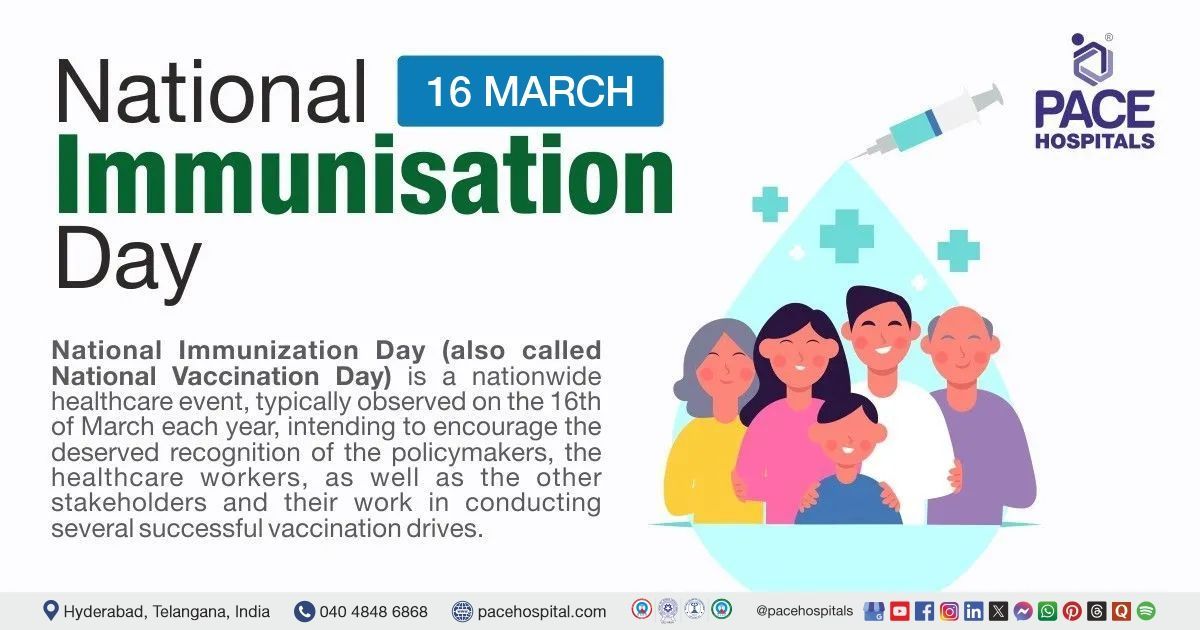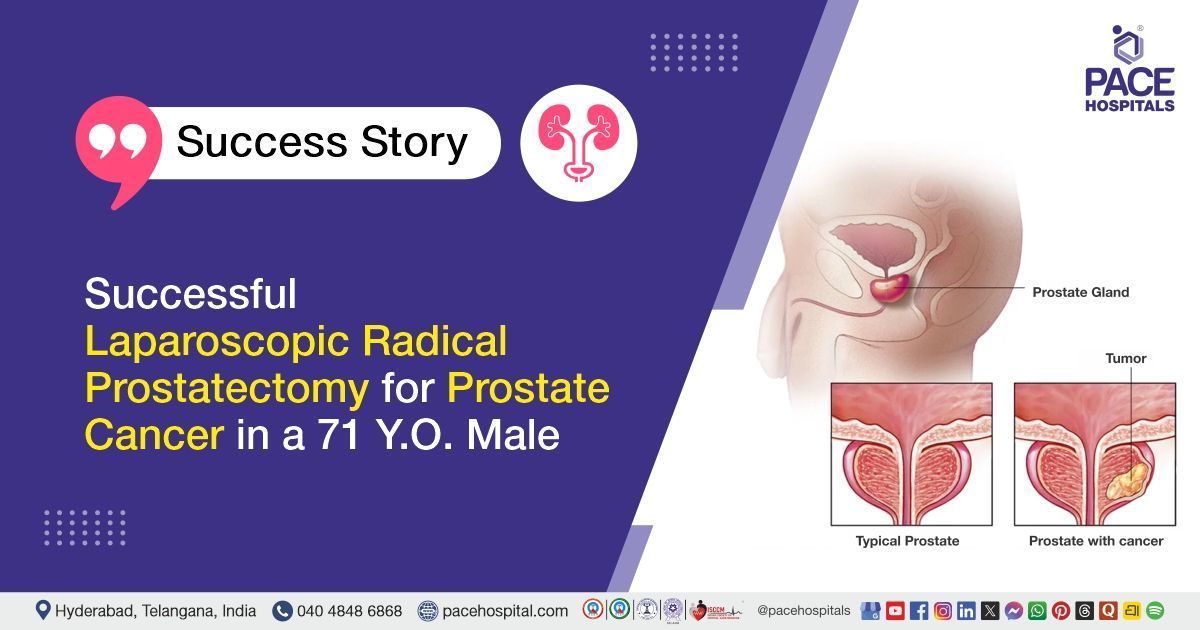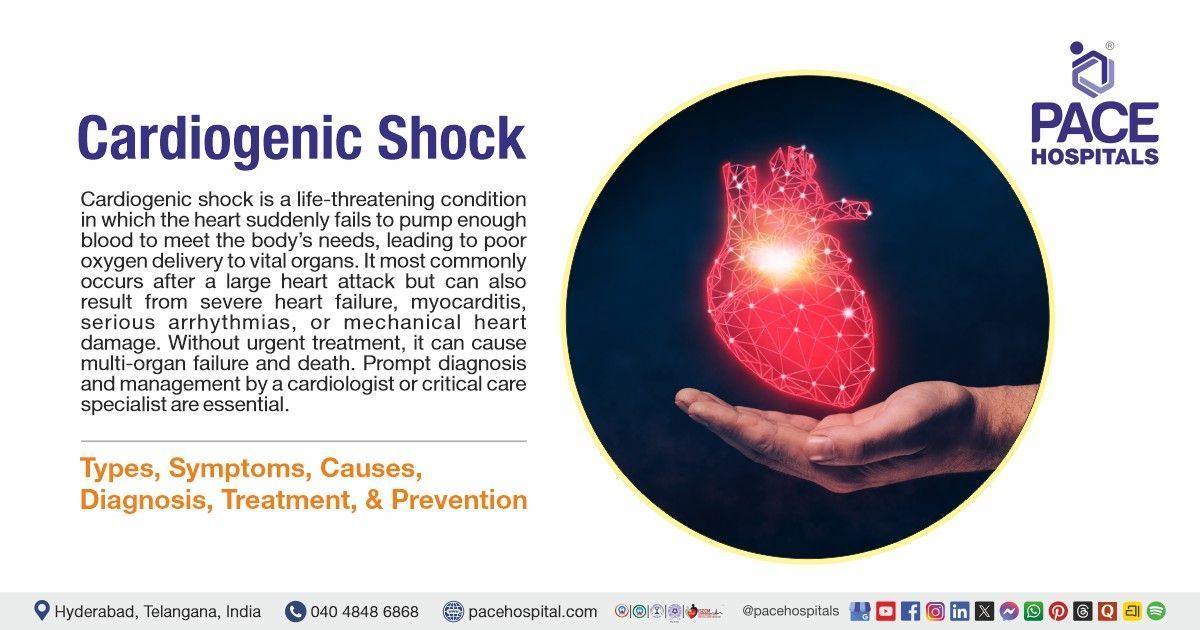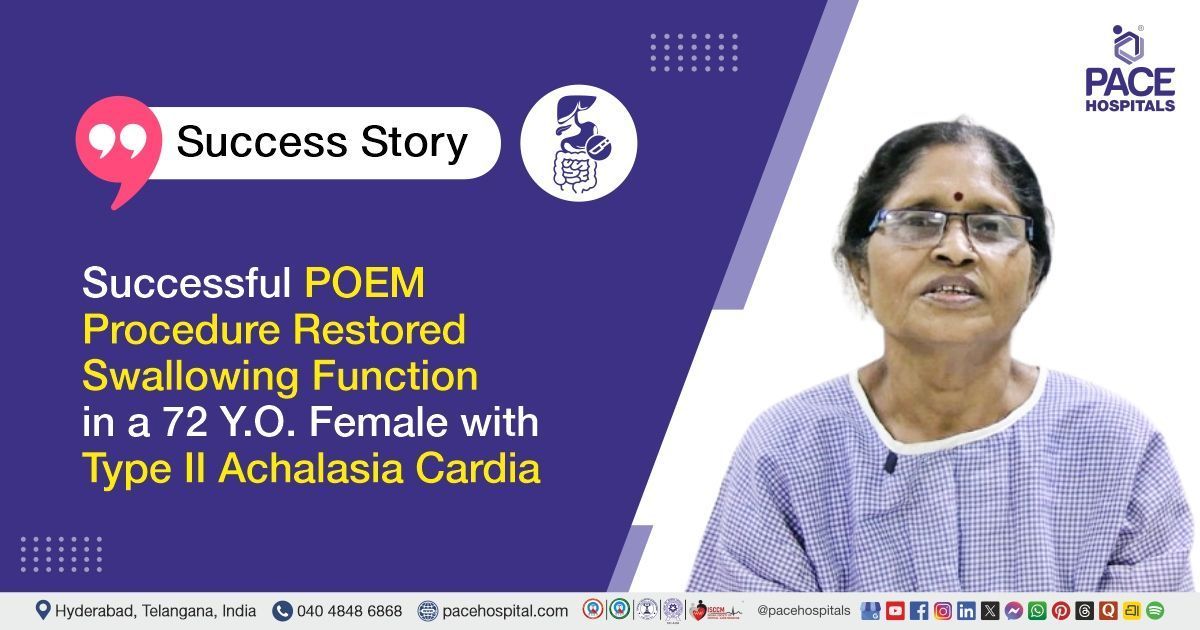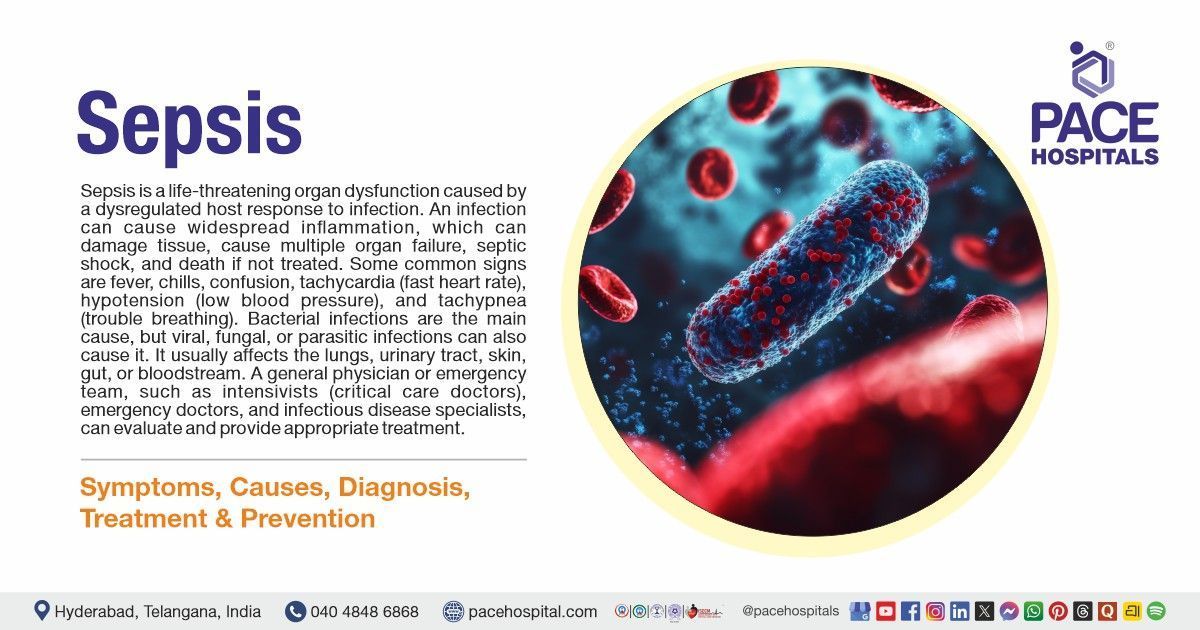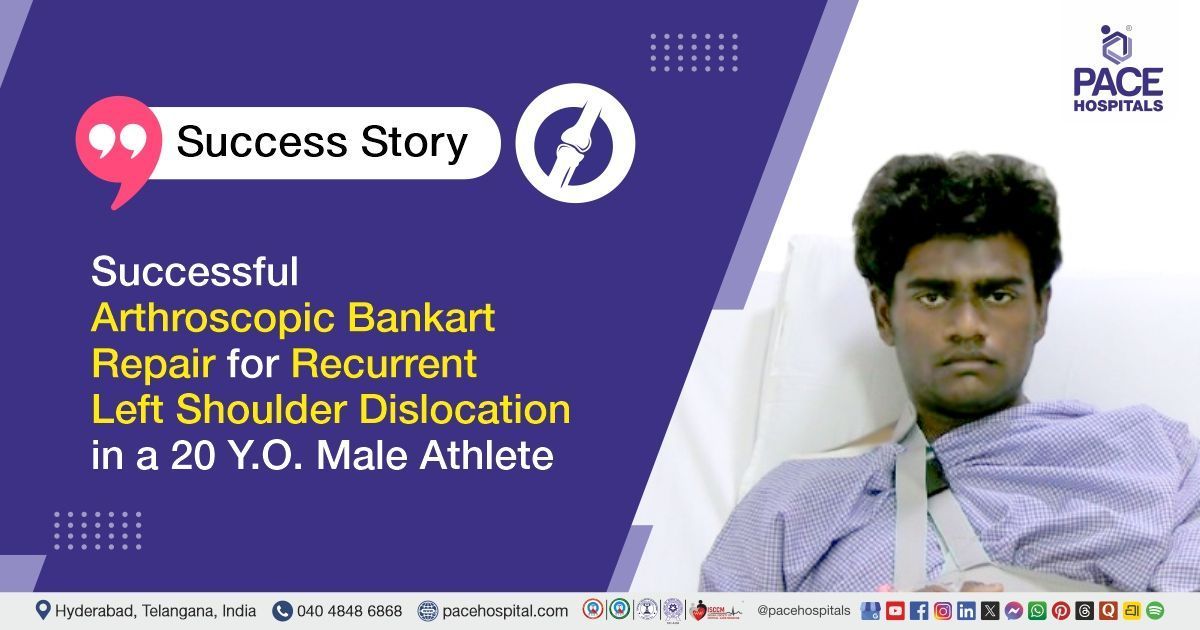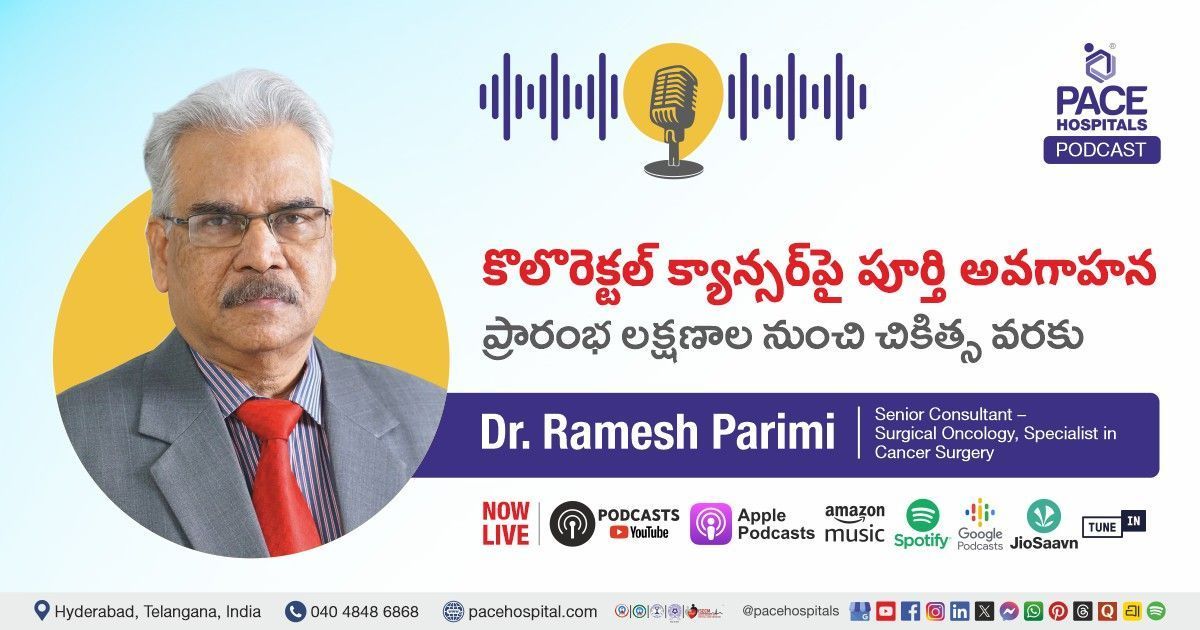National Immunization Day 16 March 2025 – Theme & Importance
PACE Hospitals
National Immunization Day (also called National Vaccination Day) is a nationwide healthcare event, typically observed on the 16th of March every year, intending to encourage the deserved recognition of the policymakers, the healthcare workers, as well as the other stakeholders and their works in conducting several successful vaccination drives.
India has made leaps and bounds in the field of vaccination, especially concerning its vast population, density, and scalable increase of its intensified vaccination drives.
Edward Jenner and the necessity of immunisation
The immune response is the physiological cascade of events induced by antigen exposure, leading to immune response generation to fight the antigen. The response can range from white cells (to combat antigens) to specific antibodies.
Although humans receive passive immunity through the mother via the placenta and breast milk, it alone is insufficient. Passive immunity is always short-lived. During their lifetime, humans do acquire active immunity, which could last lifelong, but obtaining active immunity risks the contraction of a disease.
Understanding the importance of obtaining active immunity (immunisation), the ancient Turks developed variolation, whereby material from a smallpox pustule was inoculated into healthy individuals. However, rather than protecting people, variolation caused widespread outbreaks.
It wasn't until 1798, when Edward Jenner published the results of his research in smallpox, describing how inoculation of vaccinia (cowpox) would enable healthy people to be effectively immunised against smallpox, a way for safe immunisation was created.
History of immunisation in India
Currently, India is implementing the world’s most extensive immunization program, and the healthcare workers provide significant assistance to the motherland by vaccinating even in difficult circumstances and rough terrains.
In 1995, the first dose of oral polio vaccination was administered in India on the 16th of March. Therefore, National Immunization Day denotes the government's Pulse Polio Program, which eradicated polio from the country. The World Health Organization (WHO) proclaimed India polio-free on the 27th of March 2014.
Newer vaccinations from India
COVAXIN and COVISHIELD are the newest Indian COVID vaccines, joining the vaccine inventory of India. Around 170 crore doses of COVID vaccines have been administered to date, highlighting the achievements of frontend healthcare workers across the nationwide COVID vaccination drive. The other newer vaccines include:
- Inactivated Polio Vaccine (IPV): IPV has been incorporated as part of the Global Polio Eradication Initiative. IPV was first launched in November 2015 in six states, and by April 2016, it had been rolled out nationwide.
- Rotavirus vaccine (RVV): In March 2016, RVV was launched in 11 states to lessen the mortality and morbidity caused by Rotavirus diarrhoea. In 2019-20, the vaccination drive was expanded across the country.
- Measles-Rubella (MR) vaccine: Dedicated to measles eradication and rubella control goals, India in 2017 introduced the MR vaccine, which targeted 41 crore children from 9 months to 15 years.
- Pneumococcal Conjugate Vaccine (PCV): Launched in May 2017, PCV in 5 states reduced infant mortality and morbidity caused by pneumococcal pneumonia.
- Tetanus and adult diphtheria (Td) vaccine: Td vaccination has substituted the tetanus toxoid (TT) vaccine to prevent diphtheria immunity from fading in older age groups. The Td vaccination will be provided to 10 and 16-year-old adolescents and pregnant women.
Vaccinations Benefits
Vaccination is one of the most effective public health interventions ever developed. Here are some benefits of vaccination:
- Vaccination is essential for avoiding the spread of infectious illnesses within populations.
- It enhances immunity to specific viruses or bacteria, lowering the danger of outbreaks and epidemics.
- Vaccination protects people, particularly those who are vulnerable, such as infants, older people, and immunocompromised people.
- It contributes to herd immunity, in which many people are immune, offering indirect protection to individuals who cannot get vaccinated.
- Vaccination is an inexpensive public health measure that saves lives and prevents long-term health consequences caused by infectious diseases.
Share on
Request an appointment
Fill in the appointment form or call us instantly to book a confirmed appointment with our super specialist at 04048486868

